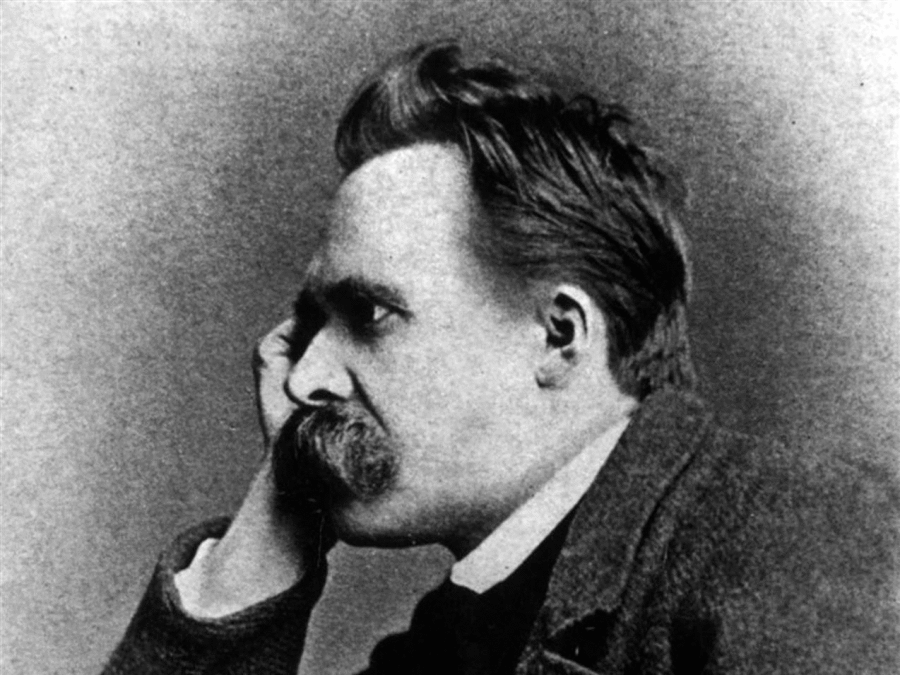Both Nietzsche and the collective Christian witness proclaim messages of the redemption of humanity from its current state. But just as their worldviews are different, so are their messages of redemption. In fact, the two worldviews are so different that one’s message of redemption is incompatible with the other’s framework. In a world that has been influenced both by Nietzsche and Christianity, it’s important to sift through the differences.
Although Nietzsche and Christianity understand redemption very differently, their ideas have enough in common that I can give a general definition. For this essay, let redemption mean the elevation of humanity to the optimal state within its corresponding worldview. I’d also like to note that while the two perspectives are incompatible with each other, both make sense within their frameworks. By implication, then, although both are reasonable, both can’t be simultaneous true: only one of the worldviews is true. In this essay, I won’t argue for one over the other—I’ll just show four key differences.
1. Idealistic v. Realistic Redemption
Ironically, although Christianity has been criticized by the materialists for being idealistic and therefore untrue, its message promises the redemption of real humans. Nietzsche, on the other hand only promises the redemption of the idea of humanity. According to Nietzsche, when humanity embraces the will-to-power and overcomes the sickness of its will-to-nothingness, the strong will outmatch each other until one emerges as the Ubermensch. In other words, humans aren’t actually being redeemed, only the idea of humanity as optimally expressed in one man.
2. General v. Particular Redemption
By extension, while Nietzsche’s message is for the redemption of humanity in general, the Christian message promises the redemption of particular humans, like you and me.
3. Redemption for the Weak v. No Redemption for the Weak
Taking Nietzsche’s argument from another angle, there is no redemption of the weak. The only way the weak can be redeemed is by association with the rest of humanity. They can say: “Although I am not redeemed in particular, humanity has been redeemed in general in the person of our champion.” But according to the Christian message, insofar as the strong and the weak are particular humans, each one of them can be really redeemed. It’s worth pointing out that Nietzsche seemed to think that Christianity extended redemption to the weak at the expense of the strong, which isn’t true.
4. Redemption by One Survivor v. by One Sacrifice
While Nietzsche envisions one redeeming superman crushing all other men, Christianity envisions one man being crushed by the weight of all other men. Nietzsche’s redemption requires the lives of all men but one; Christian redemption requires one man’s life for all. The double irony is that while Nietzsche’s redeemer ultimately falls from victory to death, Christianity’s redeemer ultimately rises from death to victory.





Leave a Reply
Your email is safe with us.